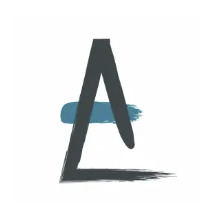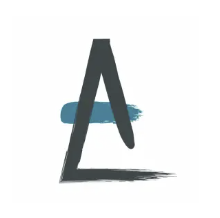Dear Stage 2 Trainee
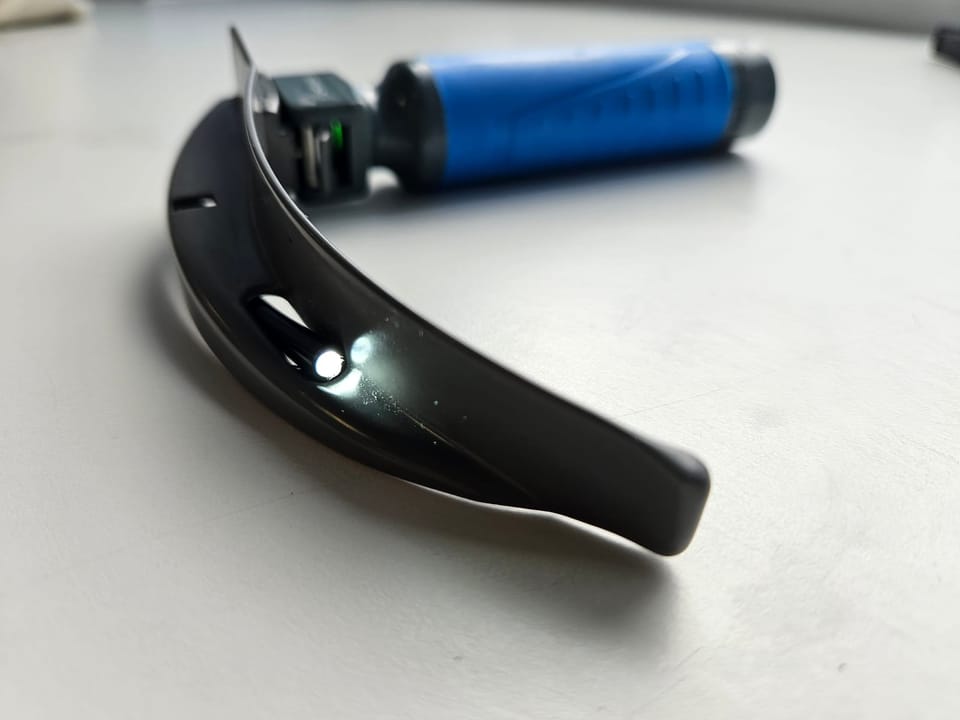
Here are some words of experience, and maybe wisdom, for our previous selves, that we would have liked to hear at this stage of our training.
You're doing great
Getting this far in anaesthetics is a seriously tough gig.
Your job is technically challenging, extraordinarily high stakes and demands not only a deep understanding of a huge breadth of health science, but also:
- Technical precision
- Advanced communication skills
- An unflappable ability to manage crisis situations that can be sprung on you at any moment
You play a crucial role in patient care, ensuring their safety and comfort in surgery, resus, trauma and critical care...and just to make things easier, there's the Final FRCA exam, a notoriously difficult exam whose reputation precedes it across all medical specialties.
We're equipped with the skills and resources to manage even the most intense pain, support failing organs despite major physiological insults, facilitate life-changing surgical procedures that would otherwise never have been possible, and help navigate patients and families through some of the scariest and most vulnerable times in their lives.
No two days are the same and you can never really predict what the next minute will bring.
Welcome to Stage 2
ST4 and ST5 now make up 'Stage 2' of Anaesthetic Training, where you'll:
Refine your knowledge and skills in
- Critical Care
- Pain
- General and Obstetric Anaesthesia
You'll also develop skills and exposure to
- Neuroanaesthesia
- Paediatric Anaesthesia
- Cardiac Anaesthesia
Even if you don't ever want to set foot in a tertiary centre again - (apart from the odd transfer now and again of course) - they each develop and cultivate a unique skillset that will prove invaluable in even the sleepiest DGH as a General Anaesthetic Consultant.
But if a post-CCT Fellowship is something you’d consider, Stage 2 will be a great opportunity to try out some sub-specialties of anaesthesia!
Round and round we go
Rotations do offer valuable exposure to a variety of clinical settings and cultures, however trainees often feel they're already rotating onto the next step before developing meaningful professional relationships with the clinical team.
We all need to feel recognised, safe and valued - and training at these more senior levels can pose new challenges not just intellectually, but also emotionally.
You're not alone here and it won't last forever!
Cardio
Cardiac Anaesthesia is whole new world.
It will be a steep learning curve and absolutely nobody is expecting you to independently anaesthetise a CABG on- nor off-pump.
In many ways, here, you're a novice again - so embrace it!
Take the time to sit with the perfusionists and really understand the bypass machine, watch and engage with the TOE (a little bit of reading beforehand goes a long way) and really get to grips with pacing.
Even if you never do it again, being able to deliver a safe cardiostable anaesthetic with a solid understanding of the physiology of valvulopathies and ischaemic heart disease will be critical in your DGH CEPOD sessions.
Also - you'll be surprised at how different Cardiac ICU is to a General ICU - depending on where you work - you'll likely find the surgeons will have a greater involvement in decisions around organ support than you're probably accustomed to!
Neuro
Neuroanaesthesia is a funny one. Some say it's just giving a 'good anaesthetic'.
I guess by 'good', they mean one where both oxygen delivery and cerebral perfusion pressure are maintained obsessively consistent throughout induction, maintenance and emergence.
If you're anything like me, you'll probably realise about now that you've likely only truly delivered one or two of these in your life to date, if that - there's usually a bump or two along the way.
These can be very long operations so, if all is smooth, while you have the full attention of your consultant, this is a great opportunity for some (quiet) viva practice (depending on your surgeon's 'noisy theatre' threshold).
Paediatrics
Paediatric anaesthesia might well fill you with excitement and terror in equal measure.
This is frequently a genuinely really fun environment to work in and it can be incredibly rewarding to work with kids and parents at what can be terrifying and traumatic time at formative years in their development.
Sometimes you can make it a really positive experience, others you have to settle for having just made it the best it could possibly have been.
It will promptly become apparent there's no room for ego in paeds. When you think you've nailed it and are on a roll, there's nothing quite an unstable kid to take you down a peg or two by throwing a spot of surprise laryngospasm or a spectacular cardiovascular wobble in your direction.
Get to know the child at the pre-assessment, learn what puts a smile on their face, make sure the parent(s) are briefed on what to expect (the child will often mirror their confidence in you) and, obviously, calculate your WETFLAGS every time.
Obstetrics
Marmite, also known as Obstetric Anaesthesia, certainly won't be new to you by now and you've probably already decided whether you love or hate it.
Whichever camp you're in, don't ever lose sight of just how many patients, partners and families your work is impacting during these shifts.
Emotions can run high here - often for totally legitimate reasons that you and I are never privy to.
It's never 'just a spinal'
Neither mum nor the partner are likely to remember your phenomenal technical prowess, the spinal that would make Legolas proud, or your perfected choice, dose and timings of the myriad drugs you administered to keep her safe and comfortable.
They certainly will remember how you made them feel at this enormous milestone in their lives. Whatever your spiel is that you've developed by now, never forget to make her feel safe, respected and that you're always on her team.
Here's our obs top tips post
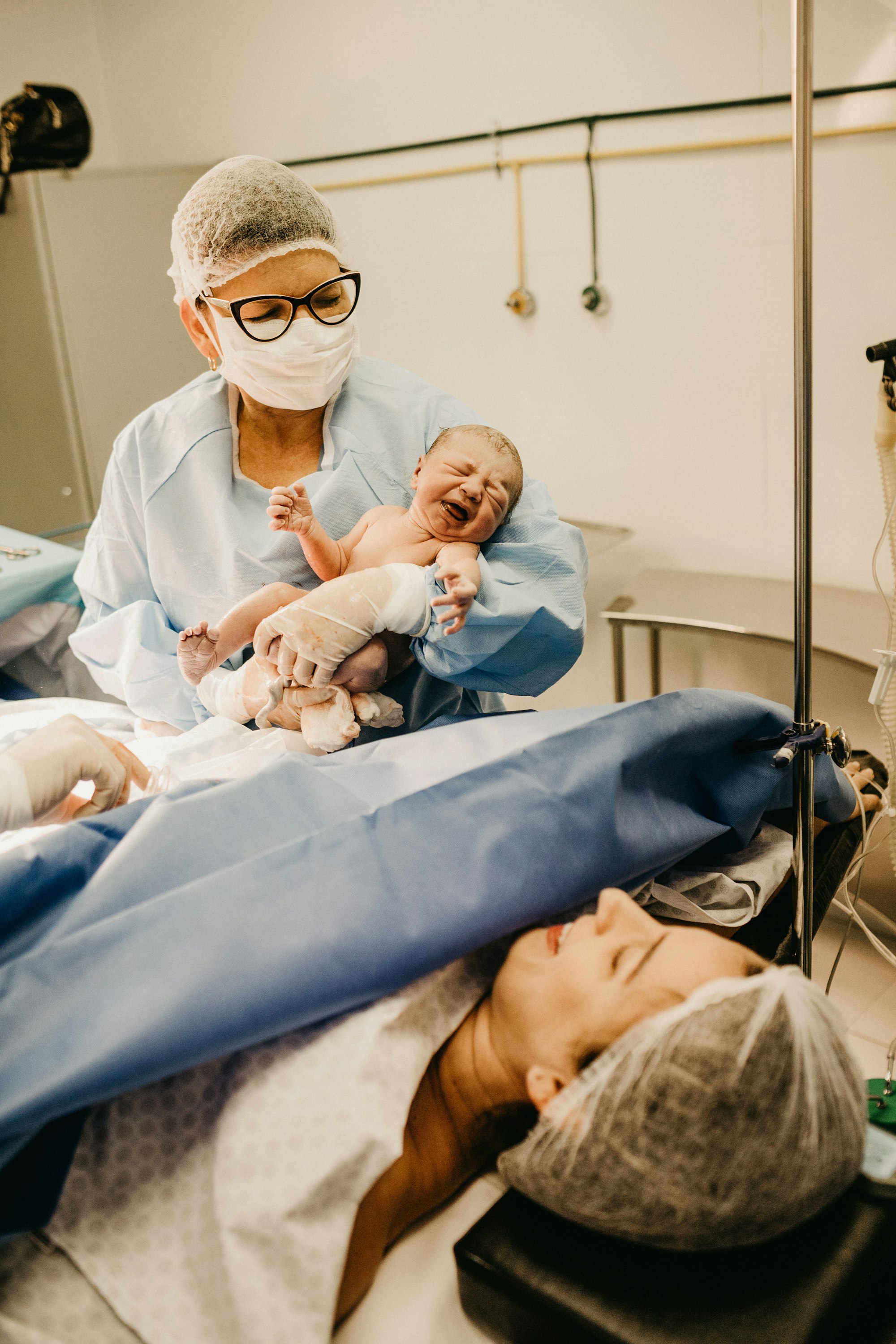
There's no catastrophe quite like an obstetric anaesthetic catastrophe; so always being aware of your bailout plan and who you can call should something unexpected happen is absolutely essential here.
Interdisciplinary communication will be vital - remember everyone may seem to have different priorities, but you're all one big team by mum's side.
Top tips
The road to CCT is long and winding; so I’ve listed a few top tips for running this marathon through stage 2 and beyond, to keep motivation and resilience up as much as possible:
Adopt a growth mindset
- Skills and abilities are developed through effort, learning, continuous improvement — not perfection!
- Acknowledge that mistakes are an inevitable part of the learning process
Look after you
- Practice what you preach
- Get enough sleep
- Eat a balanced diet
- stay hydrated
- Exercise regularly
- Take time to relax and recharge
I won't labour the point because you know it as well as I do!
Build relationships
- Connection with colleagues, mentors, and friends is key to thriving during training
- There's no escaping the fact that anaesthetists face emotionally intense situations, so it’s vital to have a support network to lean on
- No one can do it alone, not even you
Stay connected to your 'why'
As I alluded to earlier, when training gets tough (and it will), leaning in to your core motivations for becoming an anaesthetist can reinvigorate your energy and focus.
- Set yourself personal and professional goals and celebrate your successes
- Acknowledge the milestones, big and small
- Whether it's successfully managing a difficult case or passing an exam, take pride in your achievements
Know when to ask for help
Consultants often put their heads together to 'sense check' or to just to get a clearer perspective on the tricky cases.
- Your threshold for calling for help is probably changing quite significantly now, but you're never alone
- 'if you've thought 'maybe I should call the boss', it's time to call the boss
In summary, Stage 2 is super-exciting and a time to hone your leadership skills and develop your career plans.
But expect to be challenged academically, emotionally and physically.
We’re all on a journey - it’s called Lifelong Learning for a reason, perfection is not a realistic target.
Draw on your team, see the differences you make from the patients‘ perspective, look out for one another and be kind to yourself!
Need to chat?
If you feel it would be helpful to talk things through with someone impartial who knows what you're going through, and who is anonymous enough to make venting that little bit easier, then please feel free to ping us an email anytime.
Total confidentiality, no judgement, just a sounding board and a friendly ear.
anaestheasier@gmail.com
Here's all our mental health posts
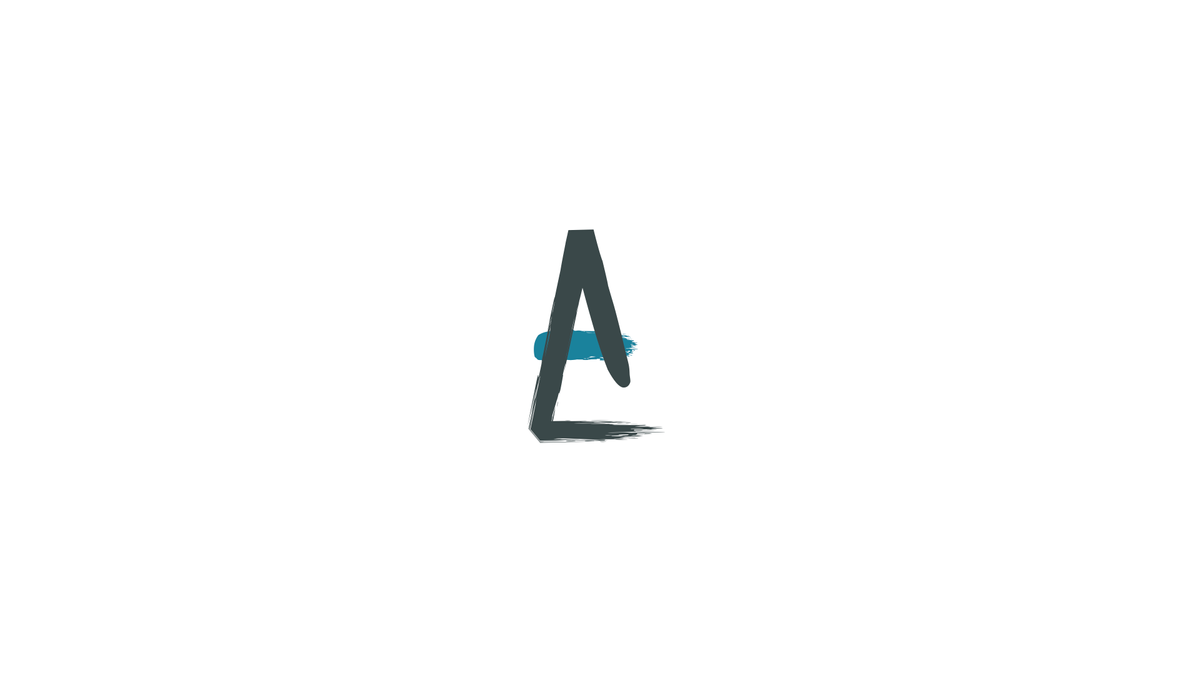
Beans, ground or pods?
Whether you're looking for a ventilatte, MACchiato or a bolt of caffeine to the brain, we've got you covered.
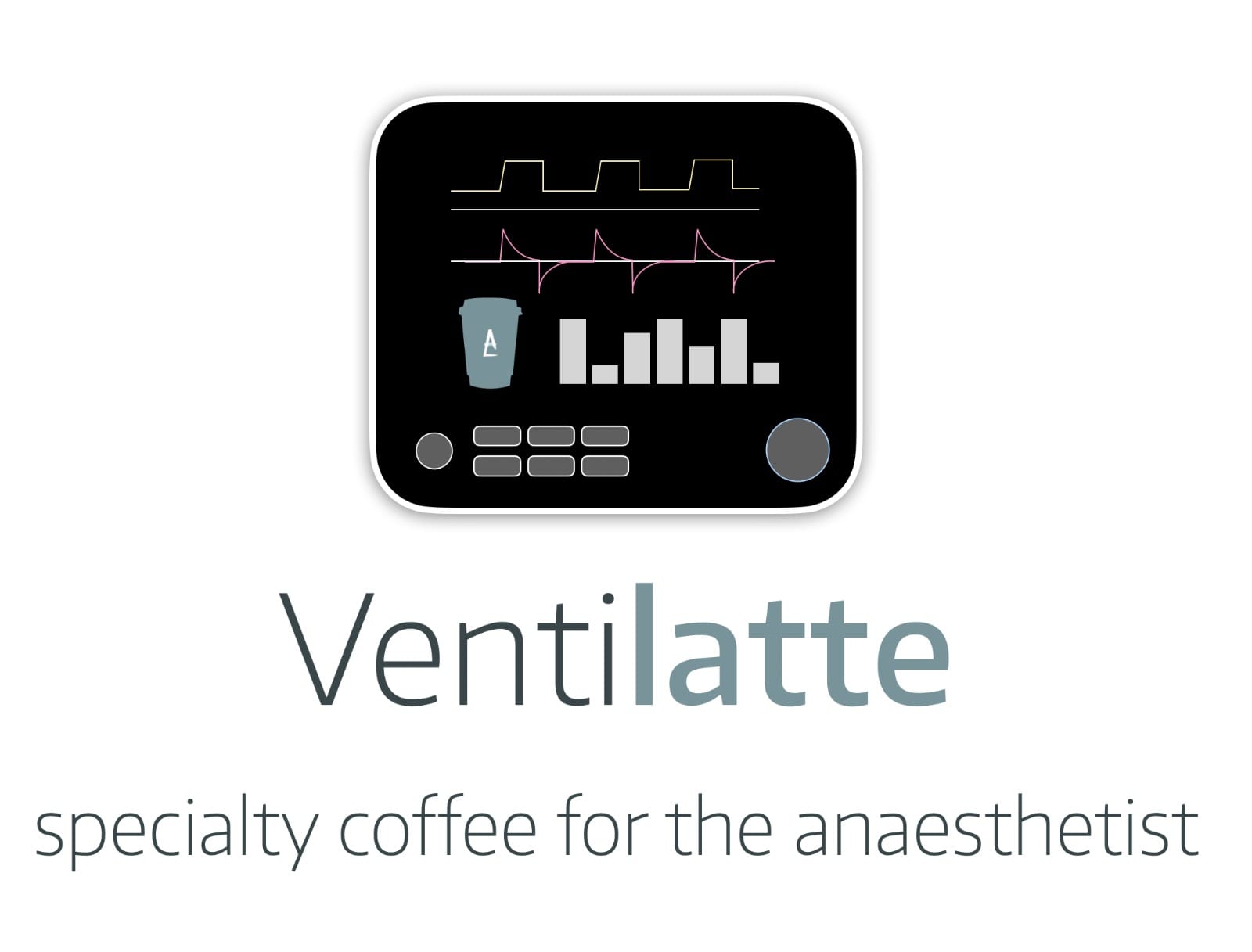
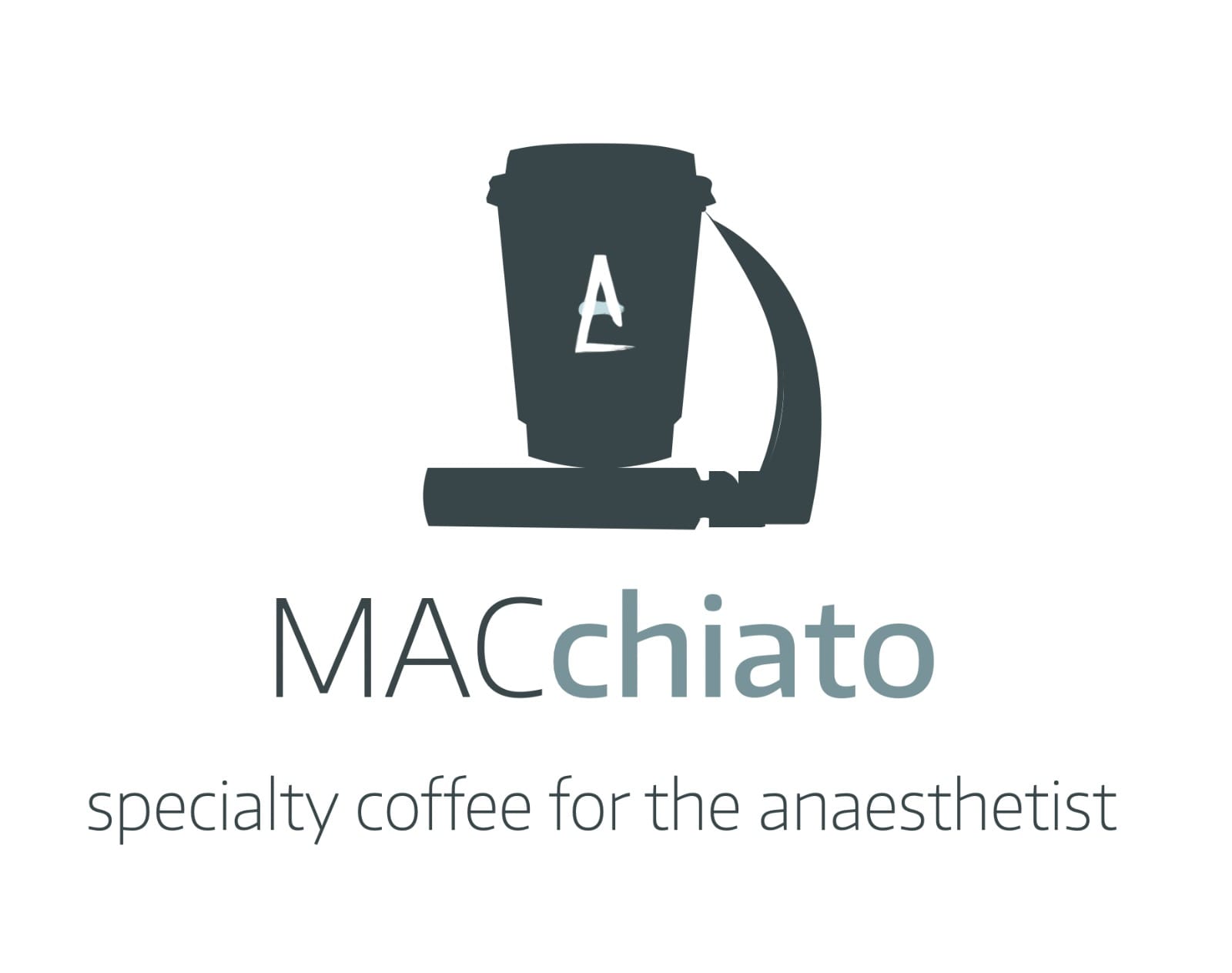
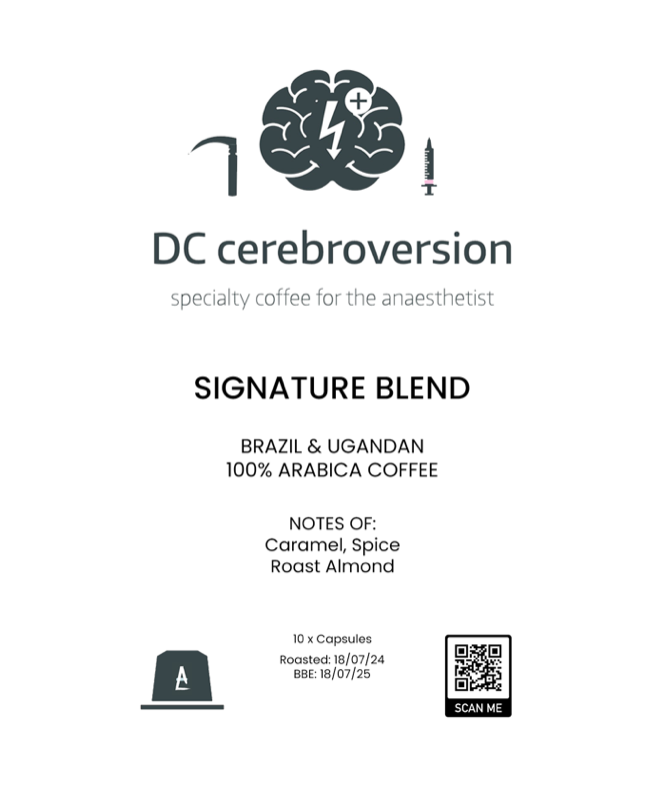
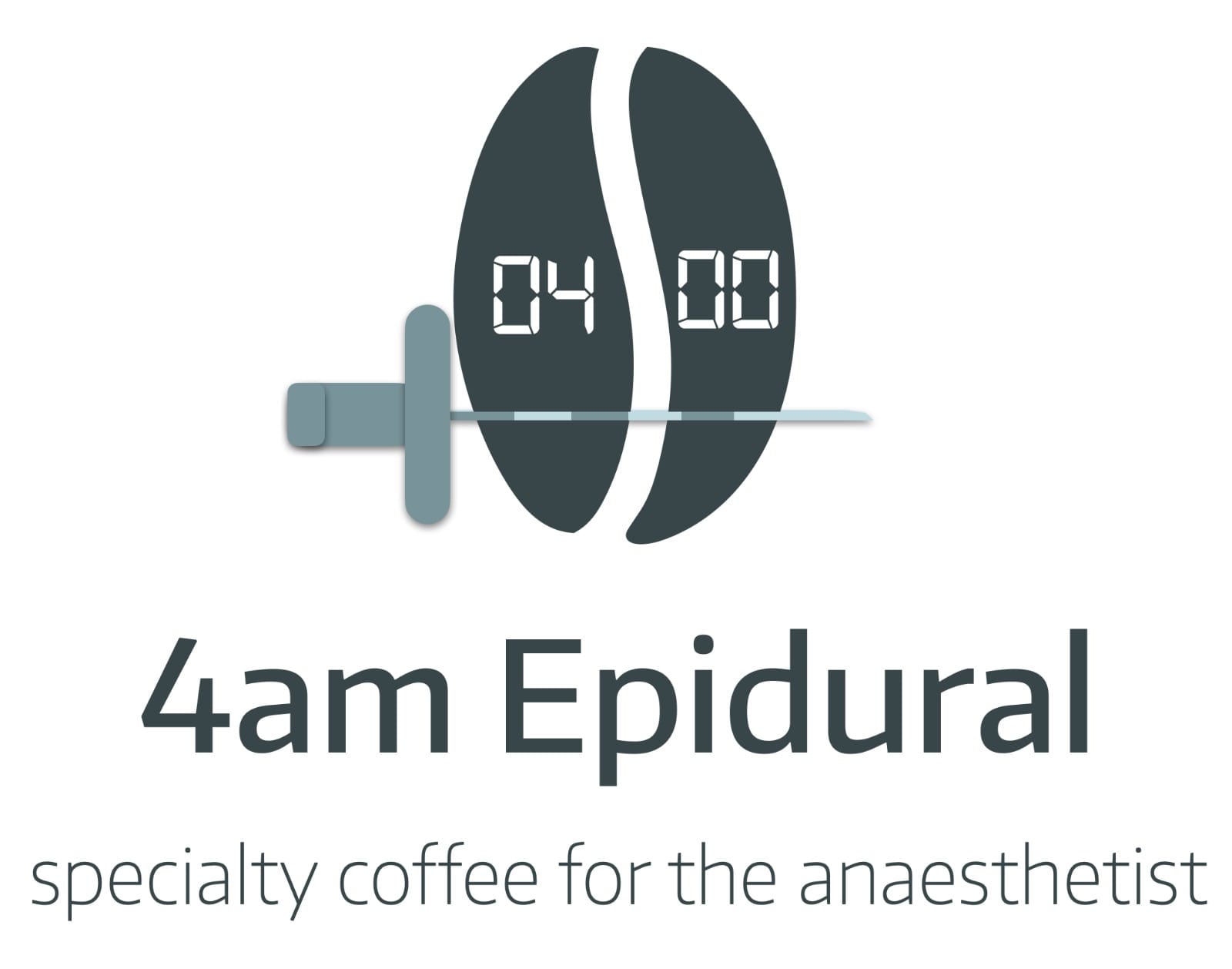
Exclusively available to our fabulous subscribers - email for more info.
Just a quick reminder that all information posted on Anaestheasier.com is for educational purposes only, and it does not constitute medical or clinical advice.
Anaestheasier® is a registered trademark.
